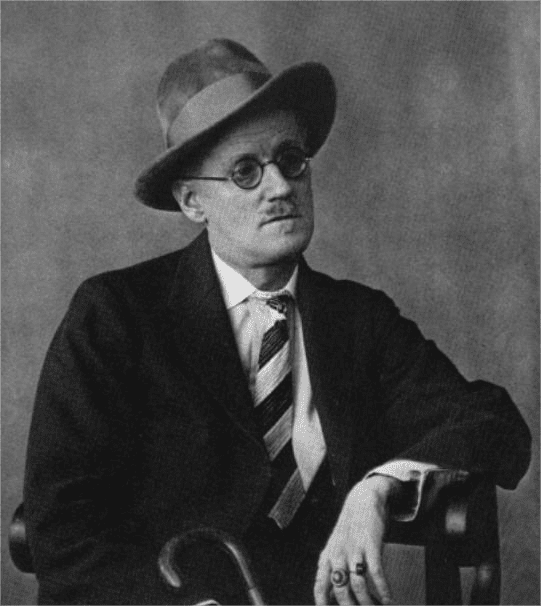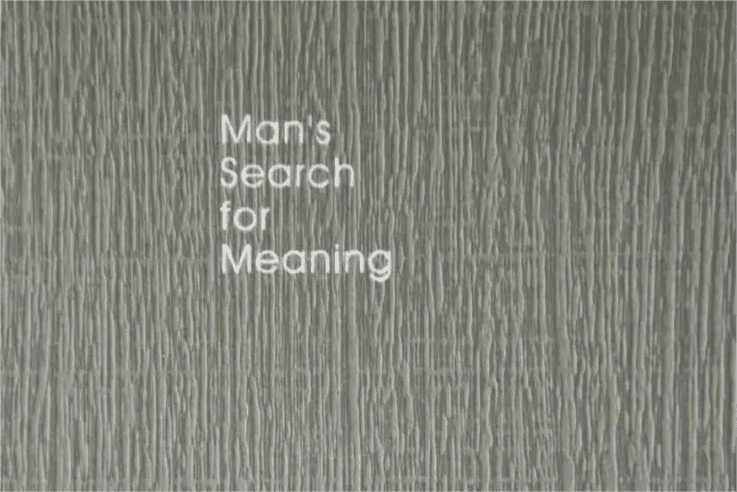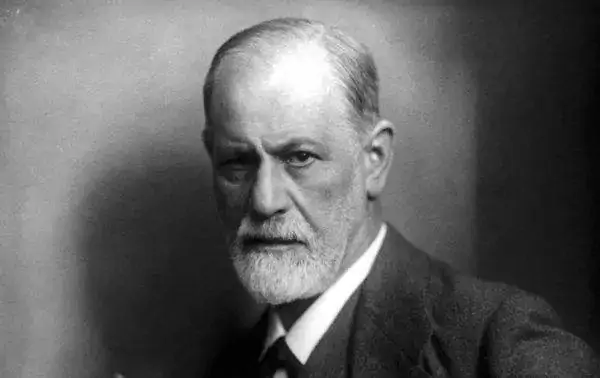In Kazuo Ishiguro’s Klara and the Sun, the many problems caused by artificial intelligence and gene editing technology reflect the drawbacks of instrumental rationality and technology worship. From the perspective of robots, the author examines the consequences of anthropocentrism. The rational conceit and the acceleration of society make the world face the risk of losing control, which leads to the tearing of social classes and the alienation of human beings. Through his novels, Kazuo Ishiguro reveals the limitation of technological rationality to the world and warns against technological fetishism and scientism. On the other hand, he also points out a path of human redemption characterized by returning to original thinking and rebuilding resonance relations.
Klara and the Sun is The eighth novel by Nobel Prize-winning British author Kazuo Ishiguro (1954 –), six years after his latest book, The Buried Giant, published in 2015. The work continues his previous work’s interrogation of memory, identity and humanity, as well as his reflection on technological civilization. In fact, on the topic of artificial intelligence, the ethical aspects of cloning and the nature of human beings — the extent to which cloned organ donors are actually human — were discussed as far back as “Never Let Me Go” (2005). Whether people have metaphysical properties of the soul and other propositions. “Clara and the Sun” explores the impact and consequences of the widespread application of artificial intelligence robots on social organization structure and interpersonal relationships. At the same time, the novel also deals with the potential risks of gene editing technology, the adverse impact of environmental degradation, the scale of unemployment caused by accelerated industrialization, as well as the instrumentalization and homogenization trend and spiritual burnout faced by people in the process of social development. The author chooses Clara, an artificial intelligence robot, as the narrator to reveal many paradoxes of our times in the form of allegory, especially the worship of technology and the abuse of instrumental rationality. Ishiguro attempts to illustrate to the reader the colonizing consequences that scientism and instrumental rationality can have on the living world. This paper analyzes the criticism of technological rationality reflected in the novel from the perspectives of acceleration, loss of control and resonance. It holds that on the one hand, the novel reveals the limitation of technological rationality and the risk of losing control, and reminds readers to be wary of technological fetishism and scientism. On the other hand, it points out a redemptive road to return to the original experience and rebuild the resonance relationship with the world.
The novel’s narrator, Clara, is an “artificial intelligence friend” (AF), and the entire novel revolves around her observations and records. The background of the novel is set in the parallel world in the near future, which is an era when “the world becomes the image” and “human becomes the subject” in Heidegger’s opinion. Human beings use the tool of science to control the object of the world in an all-round way. German sociologist Max Weber once analyzed the principle of modern rationality and held that there are two kinds of rational logic in modern society — the tool rationality that pursues utility maximization through accurate calculation and the value rationality that pursues morality and value evaluation. The French thinker Paul Virilio pioneered the theory of “dromology” in thinking about the relationship between man and technology, “focusing specifically on the phenomena caused by speed, or, more precisely, how phenomena that speed determines or limits appear to us.” According to Villiglio’s “grey ecology” view, the pollution of time and distance brought by increasing speed “determines the fate of human beings”. “In the race for speed, human beings remove themselves from the premise and basis of existence and give themselves to technological acceleration”. According to the French philosopher of technology Jacques Ellul, technology “does not mean a machine, a technology, or this or that process of achieving an end. In our technological society, technology is all the means by which absolute efficiency can be achieved rationally (at a particular stage of development) in all fields of human activity “. The pursuit of absolute efficiency is in line with the logic of accelerating social growth, as Erich Fromm once pointed out that the two principles that govern a technological society are “to do anything that is technically possible” and “the pursuit of maximum efficiency and output”.
What is presented in the novel is the accelerated development of science and technology and the accelerated society in which many disadvantages of instrumental rationality are increasingly revealed. According to German sociologist Hartmut Rosa’s critical theory of social acceleration, “Acceleration defines the dynamics, the logic of development and change, and the impetus of modern society”. He defines acceleration as “an increasing rate of decline in the trustworthiness of experience and expectation, and a shrinking time interval defined as’ now. ‘” Rossa distinguishes three different categories of acceleration: “technological acceleration, social change acceleration, and life pace acceleration.” In his opinion, “Modern society is controlled, coordinated and dominated by a strict time system, and this time system has no ethical concept at all”. Because of this, “social acceleration in late modern times has evolved into a self-propelled system that no longer requires an external drive… Technological acceleration, social change, and the accelerating pace of life have created an interlocking, constantly self-driven feedback system.” The innovation of science and technology often means the reorganization of social organization structure and the redistribution of power. In the novel, it is the accelerated development of science and technology that gives birth to a large number of artificial intelligent robots, who take on many tasks completed by human beings in the past, and greatly improve the production efficiency. But the spread of AI has also led to increased unemployment and poverty, with Josie’s father Paul being “replaced” by a robot due to technological modification. Secondly, the disenchantment of instrumental rationality further encourages anthropocentrism, and the arbitrary transformation of nature brings serious environmental pollution and ecological crisis. The ubiquitous “Kutins machines” on the streets of the novel suggest an ecologically overburdened world. One reason for this is the blind pursuit of absolute efficiency: “In one or two days, you can completely change the layout of an entire field.” In the novel, people do not use gene editing technology to cure diseases, but genetic modification to improve the characteristics and functions of the body, so as to improve efficiency; Genetic enhancement becomes a necessary way to gain a foothold in society and achieve self-actualization. Rick’s mother failed to genetically modify her child for some reason, which meant that Rick would be banished to the edge and bottom of the society. Despite his great talents and abilities, he is likely to lose the right to go to college and enjoy the privileges that children with elevated genes have.
In the accelerated society without ethics, moral order and value judgment have been banished to the edge, and the social structure has undergone profound changes. The factor contributing to the popularization of gene enhancement technology in the novel is that the continuous development of the society’s internal volume trend intensifies the competition between people, making “enhancement” a choice without choice. The acceleration of science and technology has not only failed to bring convenience to life, but made the modern subject become a kind of “subject of guilt”. In order to remain invincible in the competition, parents in the novel choose to “promote” their children. However, children who do not accept “promotion” like Rick will be treated differently, unable to integrate into the so-called community, and lose the opportunity for upward mobility in the society, and eventually become the “naked life” at the bottom. To a certain extent, Rick and Clara’s new breed of throwaway slaves share a similar fate. However, technological fetishism is not all about safe promises of success. Through Clara’s observations and narration, readers are able to perceive not only the class anxiety and existential panic that gene-editing technology brings, but also the potential for great pain and trauma if the editing process is off target. In the novel, Josie’s sister Sal suffers from some kind of disease after her “ascension” and dies tragically. Josie herself has struggled with the disease. Ishiguro himself has expressed concern about the impact of gene-editing technology on society. He has argued that social changes brought about by gene-editing technologies like CRISPR in the novel could undermine core human values, such as the belief that all men are created equal and that they are capable of upward mobility by their own efforts. However, with the spread of genetic modification technology, a large number of babies will be born “elevated” and will fundamentally change the way society is organized and how people think. In the novel, Rick is the odd man out at a party organized by Josie, and one of the “promoted” kids says, “You shouldn’t even be here.” “Some of us are luckier, others less so,” another parent postures. People in different classes don’t interact, and genes don’t get “promoted” to be losers for life. Such accelerated society and technological slavism led to what the German-Korean thinker Han Byeong-cheol called “affirmative violence,” in which “the whole human being evolves into an efficiency machine, running smoothly and unfettered, trying to maximize its own effectiveness.” Technological progress also brings with it the risk of runaway control and “self-exploitative agents” — more frequent accidents, increasing convergence of agents, and widespread overwork and burnout.









